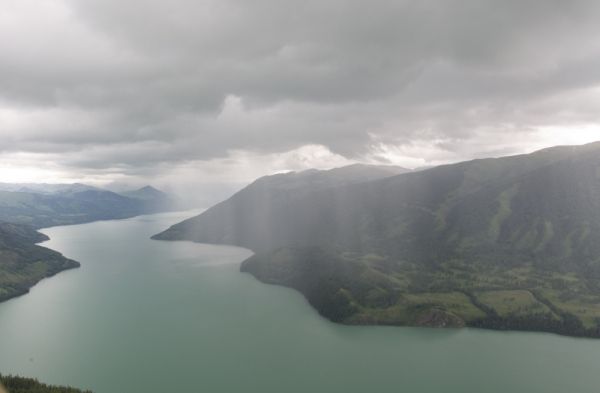Global warming increases holding capacity for atmospheric water vapor, and therefore escalates water/energy circulation, which changes the occurrence of precipitation extremes.
Recently, Dr. QIN Peihua and his collaborators from the Institute of Atmospheric Physics (IAP) of the Chinese Academy of Sciences investigated precipitation extremes in the 21st century in China using the regional climate model RegCM4 and global climate models (GCM). Both models participated in the Coupled Model Intercomparison Project Phase 5 (CMIP5).
Initially, the team assessed the performance of the CMIP5 and RegCM4 simulations of extreme precipitation for the current period (RF: 1982-2001). They found that CMIP5s and RCMs could capture the tempo-spatial variations in precipitation extremes. The study was published in Advances in Atmospheric Sciences on Jan. 5.
Continue reading at Chinese Academy of Sciences
Image via Chinese Academy of Sciences


